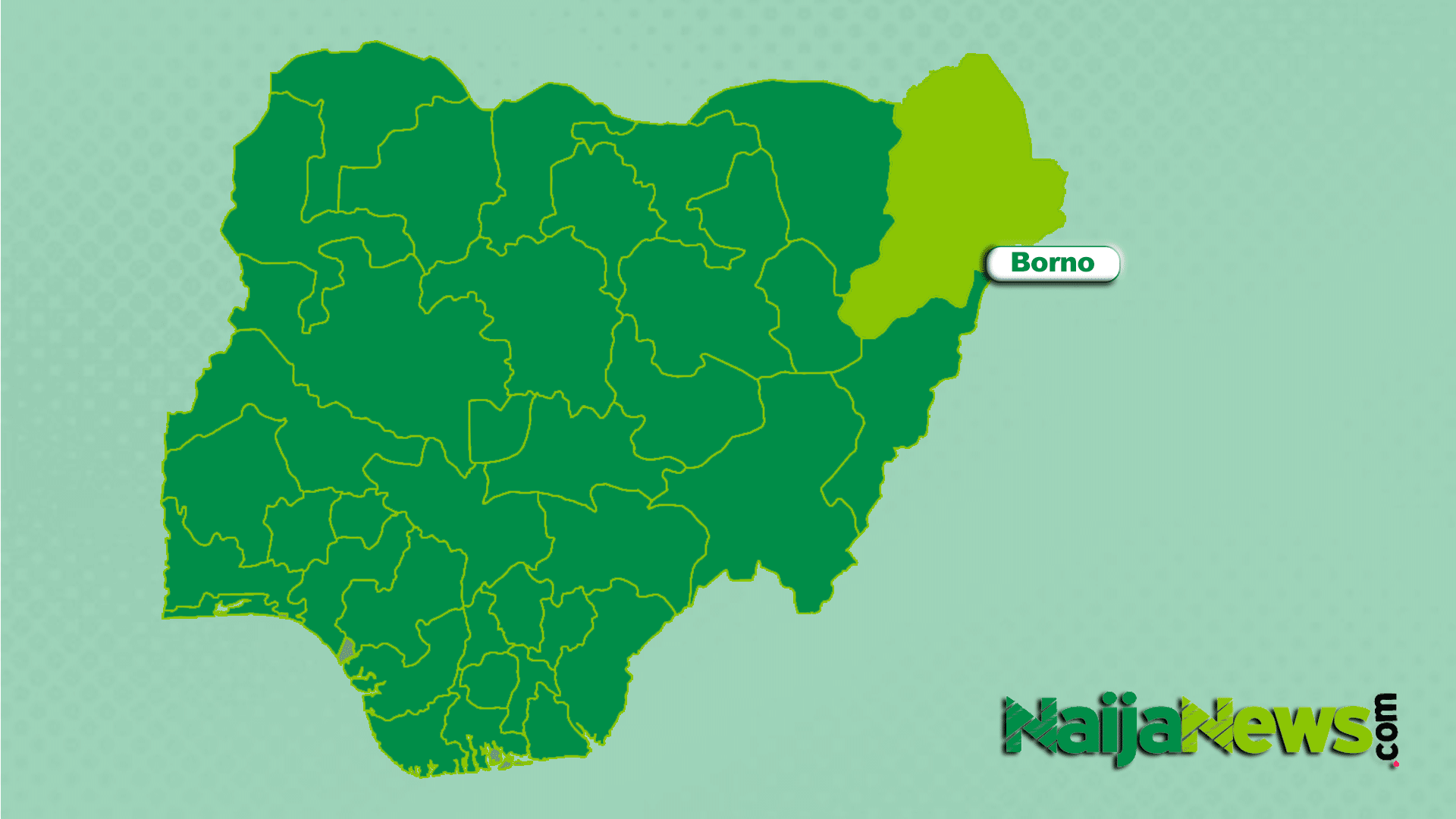Hon. Abike Dabiri-Erewa, Chairperson of the Nigerians in Diaspora Commission (NiDCOM), recently revealed a sobering fact: over 7,000 Nigerians are currently stranded in Libya. This news rekindled painful memories for me and echoed the concerns that led me to write, back in March 2017, about the growing trend of illegal migration among Nigerian youth seeking brighter futures abroad.
Far too often, these risky journeys end in heartbreak. Many have tragically lost their lives crossing the unforgiving Sahara Desert on foot through Libya to Europe, or navigating the perilous Mediterranean Sea in fragile boats bound for Italy’s Lampedusa islands.
Such ordeals draw disturbing parallels to our ancestors’ suffering—whether crammed into slave ships crossing the Atlantic or forced across deserts during the Trans-Saharan trade. Despite advocating for solutions years ago, little has changed. The Sahara and Mediterranean remain graveyards for dreams cut short, as countless young Nigerians continue to risk—and lose—their lives.
This article aims to highlight the staggering loss of Nigerian lives due to illegal migration. Our youth not only risk becoming invisible as undocumented migrants but also face dangers such as exploitation by traffickers, with some even falling victim to organ harvesting. A frank discussion is desperately needed to steer our young people away from these fatal choices.
My goal here is to paint a vivid and honest picture of what it truly means to be undocumented—whether trapped in a foreign land or enduring a perilous journey—so that our youth can make better decisions for their futures. Before revisiting my 2017 piece, “Human Trafficking: How Nollywood, Traditional Rulers, and Businesses Can Come to the Rescue,” it’s important to consider recent global developments in migration control.
Take, for example, the controversial plan once proposed by former UK Prime Minister Rishi Sunak: he sought to strike a deal with Rwanda to transfer undocumented migrants from Britain. The irony is undeniable. Centuries ago, the UK forcibly relocated Africans worldwide during its days of empire; now, it tries to prevent their descendants from entering and even aims to deport them to another African country.
Of course, every country has the right to control its borders. The troubling part isn’t the policy itself, but the inhumanity with which such measures are sometimes executed. The UK’s failed deportation agreement with Rwanda brings to mind the 1787 movement, championed by abolitionist Granville Sharp, to resettle freed Black slaves from Britain in Sierra Leone—a move that eventually led to Sierra Leone’s emergence as a British colony and later independence in 1961.
Similarly, the United States followed a comparable path: in 1822, freed Black slaves were sent to Liberia, which became independent in 1847. Both countries became symbols of new beginnings, but also reminders of the pain and displacement that shaped their histories.
Though the UK’s new Prime Minister, Keir Starmer, has now dropped the Rwanda plan, the historical echoes remain. From Sierra Leone to Liberia, the legacy of forced migration continues to haunt Africans and their descendants.
There’s another phenomenon that underscores this double standard. Americans with Nigerian heritage are widely celebrated when they excel—whether it’s in sports, science, business, or politics. But when some individuals are accused of crimes, they’re quickly labelled as “Nigerian immigrants” rather than embraced as part of the American fabric.
It’s a classic case of success having many fathers while failure is orphaned. Such selectiveness is unjust—claiming Americans of Nigerian origin for achievements but distancing them at any sign of trouble is morally indefensible.
This stigmatization isn’t unique to the U.S.; it’s a persistent issue in other countries with notable Nigerian diaspora communities. Changing this narrative will require embracing the idea of citizen diplomacy, where Nigerians abroad actively separate themselves from those who tarnish the community’s reputation.
Just as the UK recently attempted to send undocumented migrants to Rwanda, the Trump administration in the U.S. pushed for similar arrangements with several countries in South America and Africa. One striking case was Aggrego Garcia—a deported immigrant who, after being returned to El Salvador, was presented by a court with the bizarre choice to be sent either to Costa Rica or as far away as Uganda.
Such approaches closely mirror the UK’s deal with Rwanda and reflect the historic resettlements that founded Sierra Leone and Liberia centuries ago.
As someone focused on public policy rather than activism, I feel compelled to revisit the recommendations I made eight years ago. Adopting them could help guide Nigerian and African leaders today, especially since the U.S. has implemented policies that seek to deter illegal migration by removing its appeal.
One notorious example is a Florida-based facility called “Alligator Alcatraz”—a detention center for undocumented immigrants pending deportation. Surrounded by dangerous wildlife and known for its tough conditions, its very reputation is meant to scare off would-be migrants.
The strategy is simple: by exposing the risks and hardships faced by undocumented migrants, authorities hope others will reconsider making the journey. Reports suggest this deterrent strategy is beginning to work.
Recent data, including a Pew Research study, show a sharp decline in illegal immigration to the U.S. In just the first half of 2025, the foreign-born population fell by 1.4 million—the first such decrease in decades. This shift is largely attributed to stricter border controls, increased deportations, and voluntary repatriations. To illustrate, the foreign-born population shrank from 53.3 million to 51.9 million, and the number of unauthorized immigrants dropped by an estimated 1 million.
While such numbers may sound like a policy victory, they come with risks. The drop in immigrant labor has lowered the immigrant share of the U.S. workforce from 20% to 19%, amounting to 750,000 fewer workers—many of whom are vital to agriculture and skilled trades. Economists warn that persistent labor shortages could deal a blow to sectors reliant on immigrant labor. Historically, America’s economic strength was built, in part, on such labor—including the forced labor of enslaved Africans brought across the Atlantic.
Although the Trump administration touts decreased illegal crossings as a win for public safety and American jobs, economic experts warn of potential negative impacts for both immigrants and citizens.
Only time will tell if President Trump’s strict immigration policies will ultimately benefit or hurt the American economy. What’s clear is that he’s delivering on his campaign promises to curb illegal immigration with broad, sweeping measures.
There are important lessons here for Nigeria. The U.S. has implemented one of the main ideas I highlighted years ago: stripping away the misleading glamour of migration by spotlighting its dangers—the myth that streets in the West are paved with gold, often perpetuated by popular culture, is just that, a myth. Unfortunately, many Nigerian leaders have yet to act on my other recommendations, such as harnessing Nollywood’s influence to depict the dark side of illegal migration, or engaging traditional rulers—the trusted voices in rural areas—to educate their communities.
Fortunately, the ongoing review of Nigeria’s 1999 constitution could give traditional rulers a greater role in governance—an opportunity to involve them in warning youth against the perils of migrating abroad. The Oba of Benin once spearheaded a successful campaign against human trafficking during a crisis a decade ago, helping reclaim his kingdom from being a global hub of sex trafficking.
Onyibe, an entrepreneur and public policy analyst, writes from Lagos.









